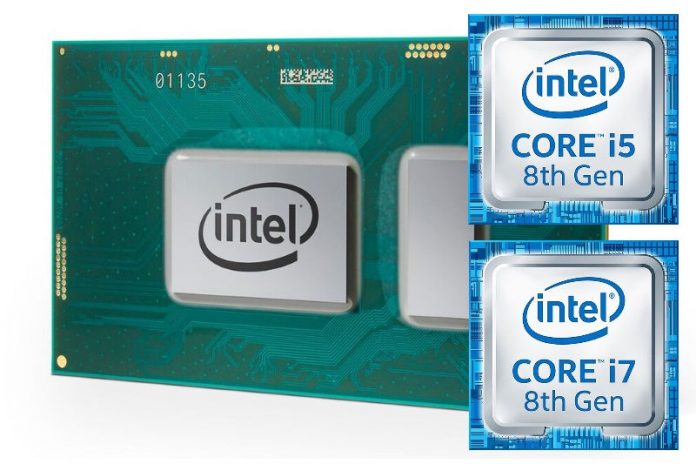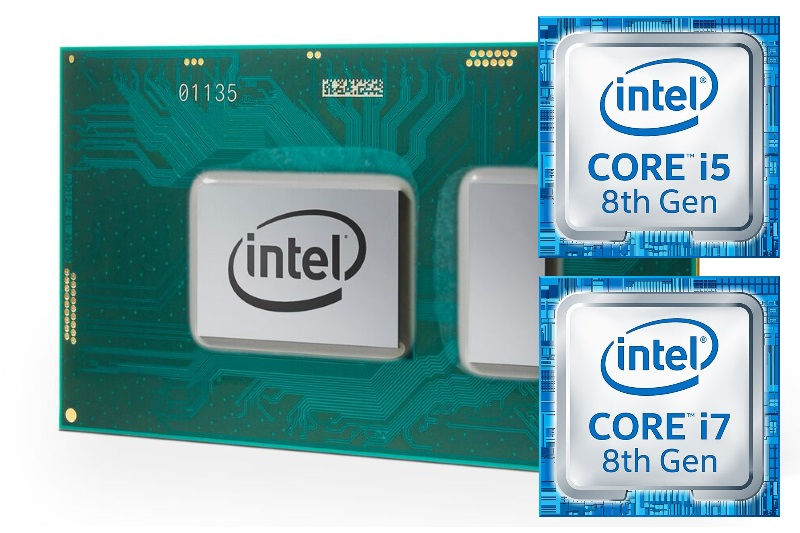We have known for a while now that Intel will be shipping multiple processor chip architecture under the seventh generation Core brand. Coming from been expecting a next 14nm generation codenamed Espresso Lake this year and the much-delayed 10nm Cannonlake generation in early 2018, but now it includes come to light that a third architecture will be clubbed in to the 8th technology as well. Simply called Kaby Lake Refresh, this will be the base the 8th gen’s U-series processors, which are targeted at mainstream and slender notebooks.
According to Intel, users can expect up to 10 hours of 4K video playback per charge on a laptop powered by one of these processors, as tested with a 70WHr battery and Windows 10. The company also says that tasks such as photo editing and video rendering are up to 48 percent and 14.7 percent faster on these processors compared to previous-generation ones. However, the major target will be people upgrading from laptops that are several years old. The company is also playing up the benefits of modern experiences such as Windows Hello authentication, voice interaction such as with the Cortana assistant, and stylus input which would not work as well on an older device.
Intel expects that 145 laptop models featuring these four new CPUs will be available in time for this year’s holiday shopping season. There’s no information about how the rest of the 8th generation will shape up, except for a note that desktop processors will launch in fall this year. It is not yet known how different Coffee Lake will be from Kaby Lake Refresh, but it is quite likely that core counts will increase across the board both due to improvements in power efficiency and because of competition from AMD’s Ryzen series. It is also likely that Intel will reserve its 10nm process for ultra-low-power fanless Y-series chips.
Attacking the mainstream laptop segment first is an interesting choice for Intel. Previous generations have focused on Y-series models for ultra-light fanless tablets and 2-in-1s, or S-series models for desktops. Releasing these four CPUs under the 8th Generation banner allows Intel to target buyers during the busy US holiday shopping season








